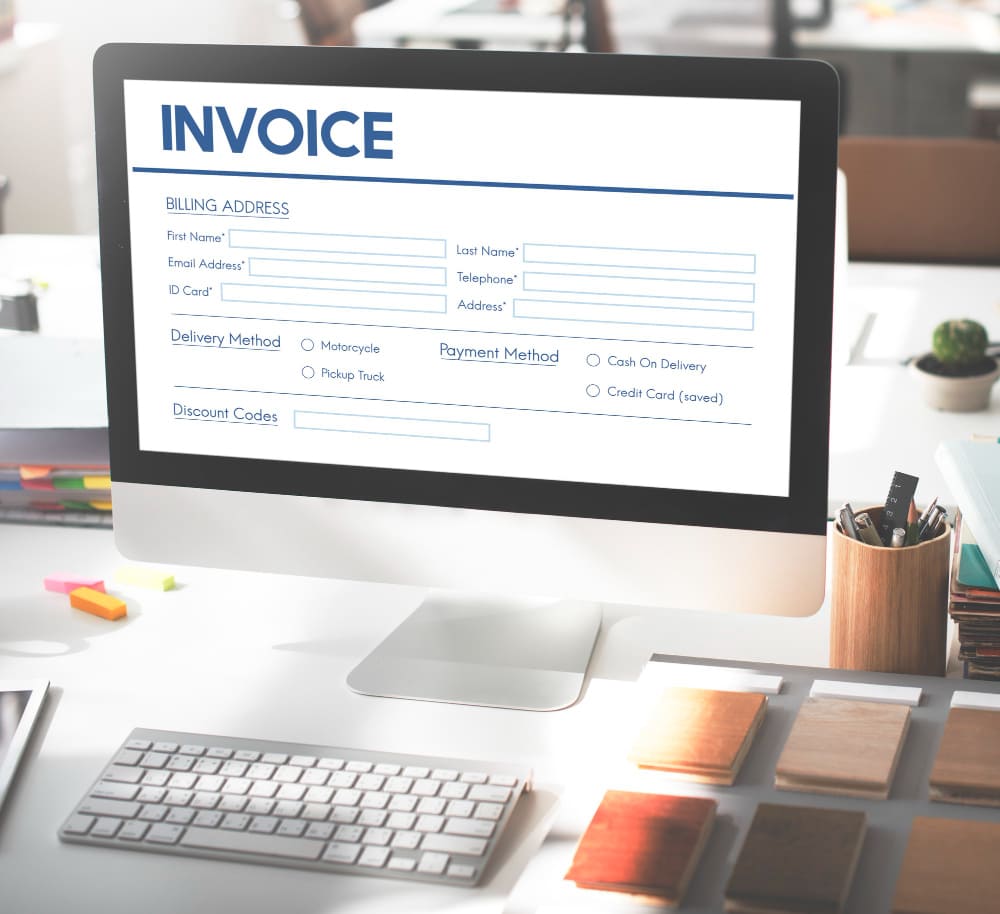From 1 January 2026, taxpayers in Malaysia will need to present their IC to validate e-invoices.
This change is a step toward simplifying tax processes and improving payment efficiency.
In this article, we will explore the impact of this new requirement, how it will work, and what businesses and taxpayers need to know to stay compliant.
Key Takeaways
- IC transforms e-invoice validation by linking payment receipts to a taxpayer’s unique ID for secure, traceable transactions.
- Benefit from IC-based validation with improved accuracy, security, and simplified tax compliance.
- Prepare for challenges like privacy concerns, system integration, and consumer resistance to the new IC requirement.
- Businesses and taxpayers need to act by updating systems, educating staff, and familiarising themselves with the new e-invoice process for smooth implementation.
How Your IC Will Transform E-Invoice Validation in Malaysia

The IC will be used to authenticate transactions by linking it to the e-invoice.
Businesses will need to update their systems to incorporate IC validation, ensuring receipts are properly connected to the right taxpayer. This will help streamline invoicing and improve tax compliance.
4 Benefits of Presenting Your IC for E-Invoicing Validation
The new IC requirement for e-invoice validation simplifies things for businesses and taxpayers, making compliance easier and processes more efficient.
1. Enhanced Accuracy and Compliance
Linking ICs to e-invoices ensures accurate transaction records, reducing errors and ensuring compliance with tax regulations.
2. Improved Security and Fraud Prevention
IC-based validation reduces the risk of fraudulent invoices and receipts, ensuring only legitimate transactions are recorded.
3. Streamlined Business Operations
Businesses can automate invoice issuance and receipt validation, saving time and minimising manual errors.
4. Simplified Tax Filing
The direct connection between IC and e-invoice simplifies tax reporting, making it easier for businesses and individuals to stay compliant.
4 Challenges of Presenting Your IC for E-Invoicing Validation
While the new IC requirement brings benefits, there are several challenges to consider.
1. Privacy Concerns
The collection and storage of personal IC data for e-invoice validation could lead to potential privacy risks, including data breaches.
2. Public Resistance and Awareness
Many taxpayers may not fully understand the need for presenting ICs, leading to confusion or resistance, especially among those unfamiliar with digital systems.
3. Technical and Integration Issues
Businesses will need to upgrade or modify their systems to accommodate IC validation, which could be costly and time-consuming.
4. Legal and Regulatory Barriers
There may be concerns regarding compliance with Malaysia’s Personal Data Protection Act (PDPA) and other privacy regulations, adding complexity to the implementation process.
Ready to learn more? Make sure to check out the e-invoice specific guideline to stay ahead of the curve and ensure smooth transitions into the new system.
What Businesses and Taxpayers Need to Know About IC-Based Validation for E-Invoicing in Malaysia

As the new IC requirement for e-invoice validation rolls out in 2026, businesses and taxpayers must prepare for seamless integration and compliance.
For Businesses
Businesses must ensure their invoicing systems are updated to integrate IC validation.
This means incorporating software capable of capturing IC data and linking it to e-invoices at the point of transaction. Staff will need training to handle the updated process efficiently.
Businesses should also inform customers about the new requirement and how to present their IC when making payments.
For Taxpayers
Taxpayers will need to present their IC when making payments to receive a valid e-invoice. It’s essential to keep your IC on hand for all transactions, as failure to do so may result in receiving invalid receipts.
Taxpayers should familiarise themselves with the process to avoid delays or issues with receipt validation.
Check the latest information on the e-invoice Malaysia implementation date to ensure your business and tax practices align with the upcoming changes in 2026.
Conclusion
The introduction of the IC requirement for e-invoice validation in Malaysia starting 2026 marks a significant shift towards digital tax compliance. While it brings numerous benefits, businesses and taxpayers must prepare for the challenges of system updates, data privacy concerns, and the potential need for public education.
As a trusted accounting firm in Selangor, NKH is equipped to help businesses navigate these changes. With our comprehensive accounting services in Selangor, we provide the latest updates and ongoing support to ensure your business remains compliant with the new e-invoice regulations. Our team is ready to assist you in adapting your systems and ensuring smooth implementation.
Need help with the transition? Contact NKH today for expert guidance and support on e-invoice compliance to help you stay ahead with the latest updates.
Kim Heng is an accounting and taxation professional whose sterling reputation has drawn countless clients to the NKH Group. When the GST was first introduced, he was commissioned to give 100+ talks on GST implementation as well as over 20++ talks on E- Invoice implementation by multiple businesses and industry associations, showing the depth of their confidence in his expertise. In the following years, Kim Heng would go on to share his knowledge on (among others) branding, tax planning, and fundraising at 20+ seminars organised by business associates that were widely attended by the public. He has over 20 years of experience consulting and advisory on taxation, corporate structure planning, business valuer, company secretarial administration, constitution advisory, and etc.





